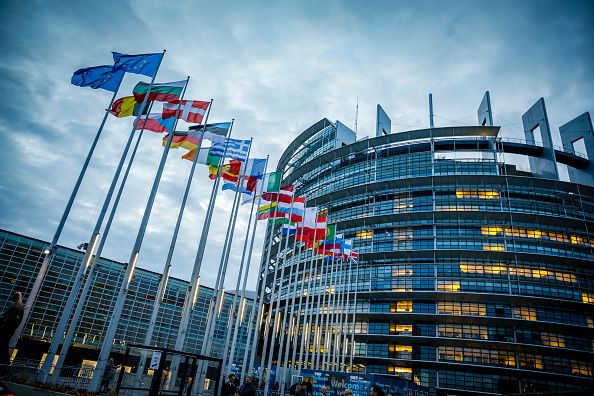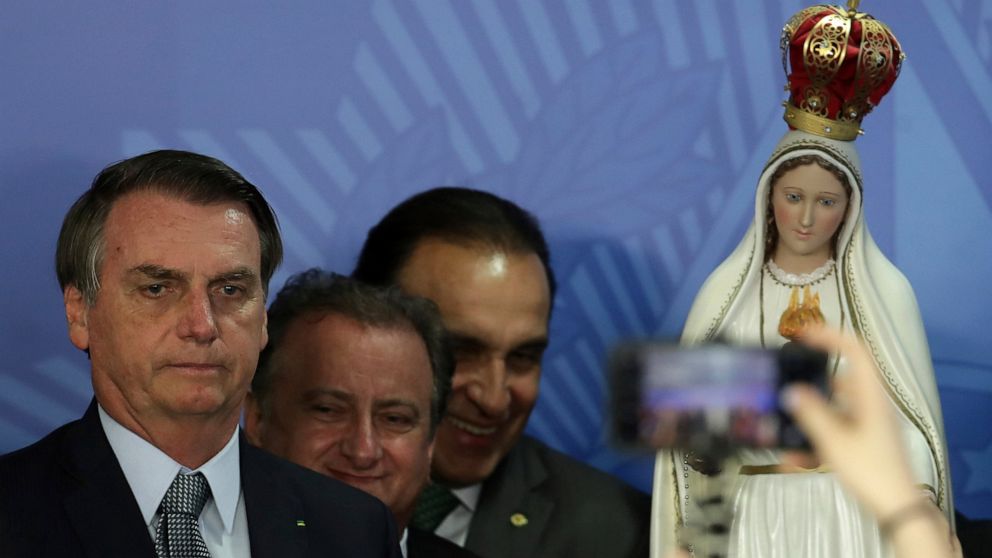
Citizens across 28 European nations have been voting for new representatives at the European Parliament — in an election that could radically reshape power at the heart of Brussels.
The European parliamentary election is the second largest democratic exercise in the world. However, one of its biggest challenges is voter turnout, which has fallen since 1979 — when the first ever EU-wide vote took place. In the previous election in 2014, only 43% of eligible citizens participated.
This year’s vote is particularly relevant due to the surge of anti-European and nationalist parties across the EU. Projections, before the polls opened on Thursday, suggested that these parties could get nearly 30% of seats at the European Parliament. At the same time, the traditional mainstream majority between the Socialists and the Conservatives, which has led Europe over the last few decades, is expected to come to an end.
The first official projection is due at 10:15 p.m. London time on Sunday evening. This will include official results from nine member states; provisional numbers from 13 countries, national estimates from five nations and pre-election voting intentions in the U.K. This will be followed by further updates, including one at 11:15 p.m. London time and one at 00:15 a.m. on Monday.
This year’s vote will shed light on how Europeans feel about the European Union but will also be a test for national governments.
“The European elections are a big referendum on the governing party. This is the case in France, where the French will have (for) the first time the opportunity to say what they think about (President Emmanuel) Macron,” Alberto Alemanno, professor of European law at H.E.C. University in Paris, told CNBC prior to the election.
Ahead of this year’s EU elections, Macron finds himself fighting the nationalist and Euroskeptic party of Marine Le Pen once again. The recently renamed National Rally (RN) party was slightly ahead in the pre-election polls, suggesting it will be a close call between the two.
There is also a strong focus on Italy and how much support there will be for the anti-establishment coalition; as well as on the U.K., where until recently citizens were not expected to take part in this election, given the country’s decision to leave the EU back in 2016. The result also comes after Theresa May resigned as U.K. prime minister on Friday following a prolonged Brexit stalemate.

